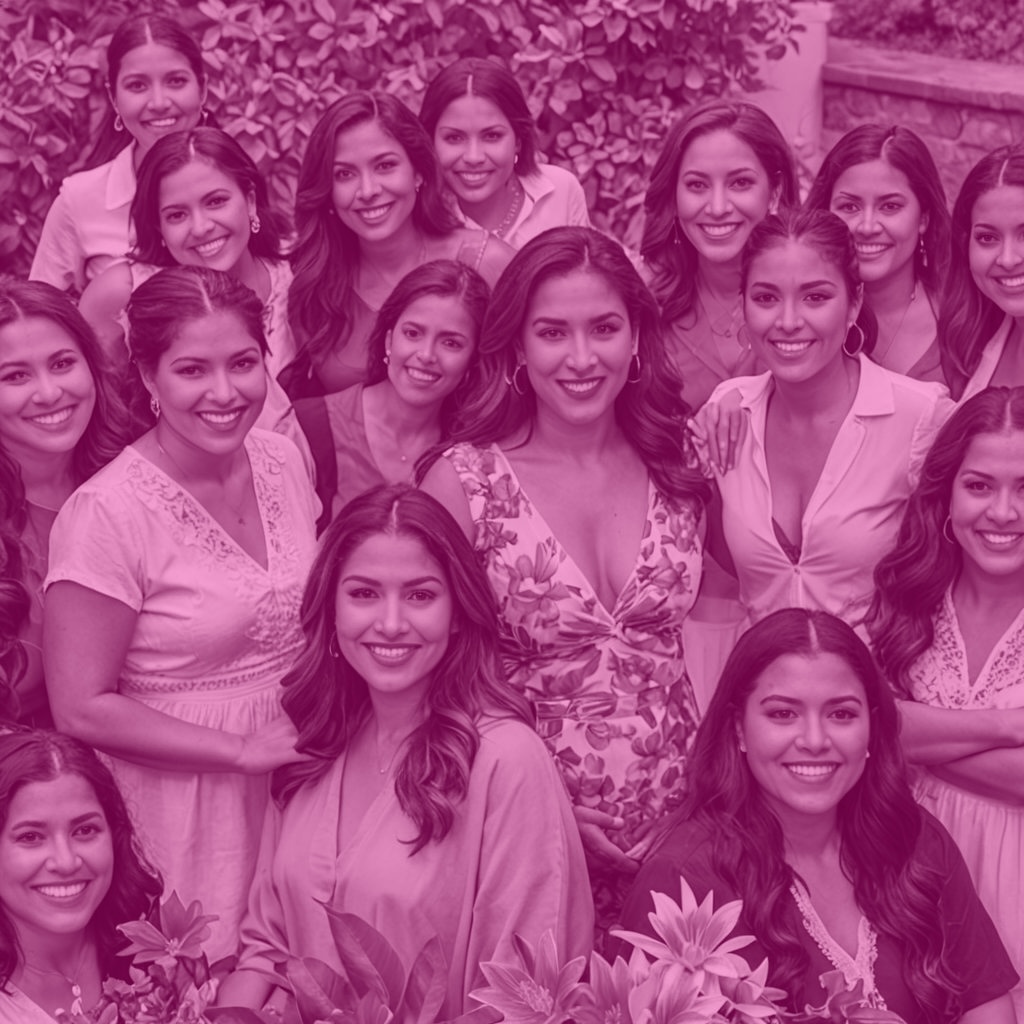The journey of childbirth is a profound experience that demands not only medical attention but also culturally sensitive care, especially for Latina women. The disparities in maternal health outcomes among Hispanic women underscore the critical need for tailored support and understanding within the healthcare system.
Maternal Health Disparities and Cultural Influences
Hispanic women face unique challenges during pregnancy and childbirth due to cultural beliefs, language barriers, and limited access to preventive healthcare measures. Research indicates that Hispanic women often underutilize screening tests and preventive care, influenced by traditions of paternalism and cultural norms that impact their health-seeking behaviors.
The Role of Latino Doulas in Bridging Gaps
Latino doulas play a pivotal role in providing culturally specific support to marginalized communities, addressing language barriers, navigating healthcare disparities, and fostering open discussions about maternal challenges. These doulas bring a nuanced understanding of cultural practices and personal experiences that resonate with their clients, creating a supportive environment that respects and honors diverse backgrounds.
Addressing Maternal Health Concerns
The alarming statistics reveal that Latina women, particularly those with private insurance, face higher rates of pregnancy complications compared to non-Hispanic white women. Organizations like the Hispanic Health Council are stepping up to provide essential support to immigrant and low-income Latinas, offering services such as birthing classes, coaching, and assistance in navigating the complex healthcare system.
Investing in Culturally Competent Care
Health insurers and employers are recognizing the urgent need to invest in programs that support maternal health, including doula services. By acknowledging the financial barriers, cultural nuances, and systemic challenges faced by Black and Hispanic women, there is a growing momentum to improve maternal care outcomes and reduce disparities in healthcare access.
In conclusion, the call for culturally competent care for Latina women in childbirth is not just a matter of healthcare but a fundamental right to dignified and respectful maternity experiences. By amplifying the voices of Latino doulas, advocating for inclusive healthcare practices, and addressing systemic inequalities, we can strive towards a future where every mother receives the support and care she deserves during this transformative journey.









